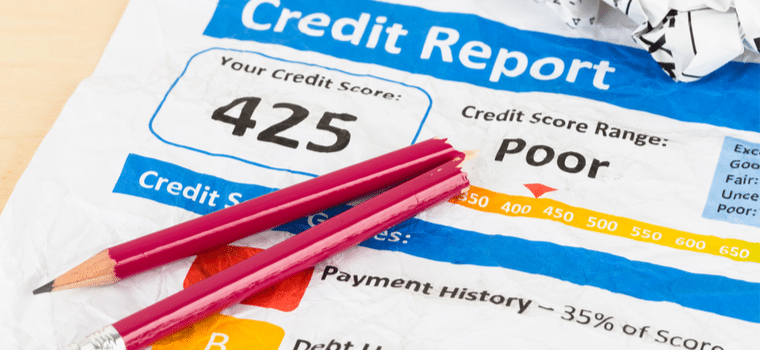Going through a divorce takes an emotional toll, and unfortunately, it can also take a financial one. Extracting your finances from your ex-spouse’s finances doesn’t happen right away, especially if you share credit cards and loans.
Whether the harmful actions are on purpose or not, getting a divorce can hurt your credit. Here are three possible scenarios to watch for and how to fix them.
Remove Your Ex as a Credit Card Authorized User
Many married couples share credit cards. Even if you are the primary cardholder and your ex is an authorized user, you’re the one responsible for the bill.
Perhaps your ex uses the credit card out of spite and does not pay the bill. Or maybe they simply don’t want to contribute to payments going forward regardless of who charged what.
Either way, your first step is to remove your ex as an authorized user. It just requires a quick phone call to your credit card company.
Refinance Joint Loans
It’s common for couples to take out joint financing on things like mortgages and personal loans. But shared ownership often changes after divorce, and you don’t want your credit to suffer if your ex falls behind on payments.
If you own a home together and don’t plan to sell it as part of the divorce, the one living there should refinance the mortgage. That gets your name off the loan if you’re not living there anymore.
It also lets your ex buy you out so you don’t lose equity you’ve gained in the home. They’ll need to qualify for a larger loan amount, but it’s an option to consider if financially possible.
Other loans should be refinanced as well so that financial responsibility only falls on the relevant party. However, the burden of joint responsibility varies based on whether you live in a community property state or an equal division property state.
Enlisting the help of an experienced divorce lawyer may be worth the time and money in order to protect your finances and credit.
Continually Monitor Your Credit
Regularly check your credit report even after your divorce is finalized. One reason is to make sure your ex-spouse hasn’t opened any new accounts in your name or charged up accounts that you’re still on.
You may also see a decline in your credit score because your utilization ratios have changed. Closing a joint card, for example, can cause a drop in your credit score.
Or taking your name off an installment loan like a car payment can also hurt. You should also monitor your credit reports to check for errors and to ensure the changes you and your ex have made are accurately reflected — especially if the ex is the one who is supposed to take action.
The divorce process may feel long and cumbersome as does reworking your finances. But when you take the time to do it right, you’ll eventually thank yourself for protecting your credit.




